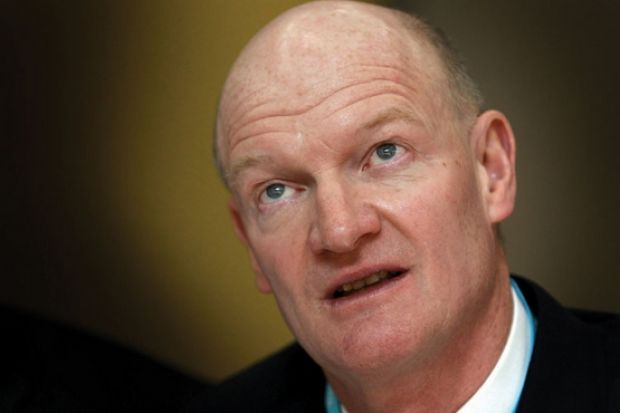Funding through the Engineering and Physical Sciences Research Council will be made available to more than 20 universities across the UK to support research within robotics and autonomous systems, advanced materials, and grid-scale energy storage.
The government’s investments will be added to by contributions from higher education and industrial partners.
The £25 million EPSRC grant in robotics and autonomous systems will be complemented by £8.4 million from higher education institutions and £6 million from industrial partners.
An investment of £11.7 million by universities and £5.5 million from business will complement the council’s £30 million grant in advanced materials, while grid-scale energy storage will receive a grant of £30 million with contributions of £9.8 million from universities and £5.8 million from industry.
Equipment being funded includes micro-engineering facilities at Imperial College London for the development of miniaturised robots for surgery and targeted therapy, and a new research facility at Brunel University to deliver revolutionary manufacturing methods which allow the reuse of metal in car making.
Speaking at the Global Intelligent Systems conference in London on 17 July, the universities and science minister said that in order to get ahead “in the global race”, the UK would have to back emerging technologies and ensure its universities have the latest equipment.
“This capital investment will help scientists make new discoveries and take their research through to commercial success. It will drive growth and support the government’s industrial strategy,” Mr Willetts said.
David Delpy, EPSRC chief executive said the successful bids would build capability in areas that were “vital for the country and where exciting research is already being carried out”.
Meanwhile on 16 July, Mr Willetts also announced a £200 million investment in the UK space industry.
In his speech, Mr Willetts reiterated the UK’s target to capturing 10 per cent of the growing world market in space. In the three years since the creation of the UK Space Agency the UK had “rediscovered our pride in our great space history and recognised that we can have pride too in our future”, he added.
Some £60 million of government investment will go into SABRE (Synergetic Air-Breathing Rocket Engine) - a rocket engine built by UK company Reaction Engines that the government believes could revolutionise air travel and reduce the cost of reaching space.
The government has also awarded a £134 million contract to the space technology company Astrium, which Mr Willetts said was the result of increased UK investment in the European Space Agency.
Register to continue
Why register?
- Registration is free and only takes a moment
- Once registered, you can read 3 articles a month
- Sign up for our newsletter
Subscribe
Or subscribe for unlimited access to:
- Unlimited access to news, views, insights & reviews
- Digital editions
- Digital access to THE’s university and college rankings analysis
Already registered or a current subscriber? Login




